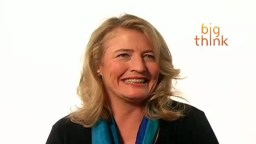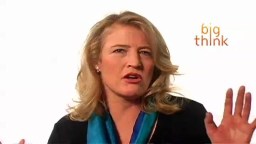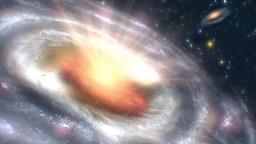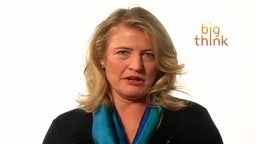Katie Freese
Theoretical Astrophysicist, University of Michigan
Katie Freese is a professor of physics at the University of Michigan, and the associate director of the Michigan Center for Theoretical Physics. Her work deals with a wide variety of topics in both theoretical cosmology and astroparticle physics. Her research is largely involved in trying to identify the dark matter and dark energy that permeate the Universe, and to build a successful model for the early universe immediately after the Big Bang.
It’s possible that there is a tiny, curled-up dimension in every point surrounding us, each too small for us to perceive or comprehend.
▸
3 min
—
with
Molecular clouds that communicate with one another may continue to have a type of intelligence in the distant future, but “these bodies that we enjoy are not going to make […]
▸
3 min
—
with
If one imagined and described the most logically elegant way to construct a universe, the result wouldn’t resemble ours.
▸
3 min
—
with
Inside the Milky Way and every other galaxy there is a giant black hole at the center. Even in early times there were these types of holes, each weighing a […]
▸
5 min
—
with
“It is really a high density situation that we call the big bang, but there is really no explosion,” says Freese. “There is no ‘bang.’ There is no singular point.”
▸
2 min
—
with
A conversation with the University of Michigan theoretical astrophysicist.
▸
15 min
—
with





